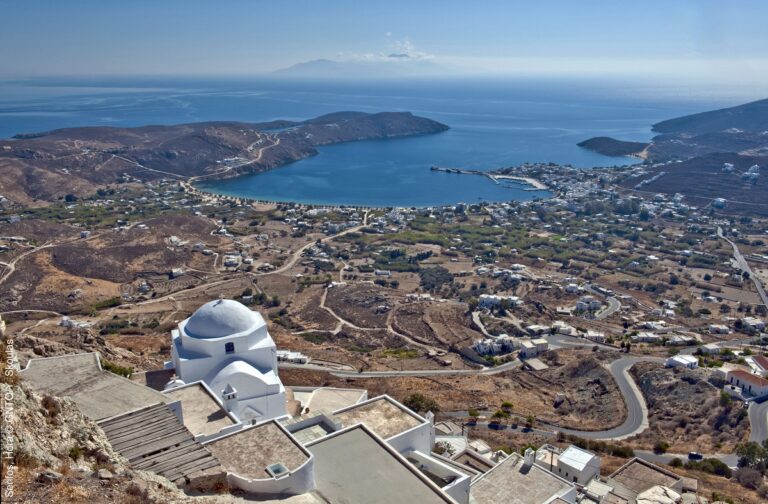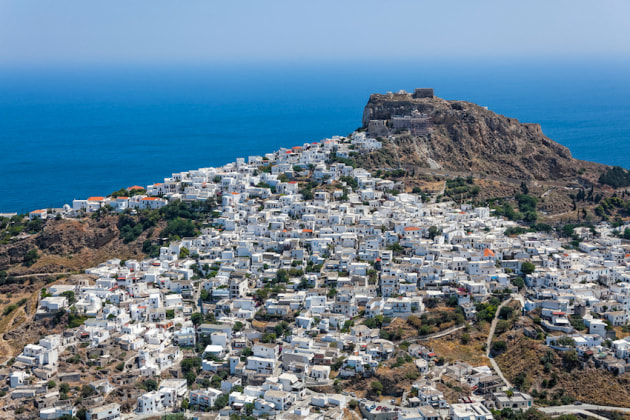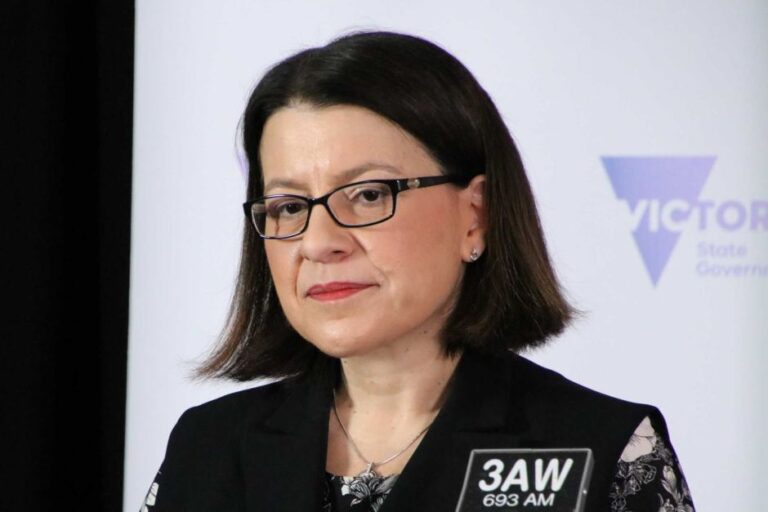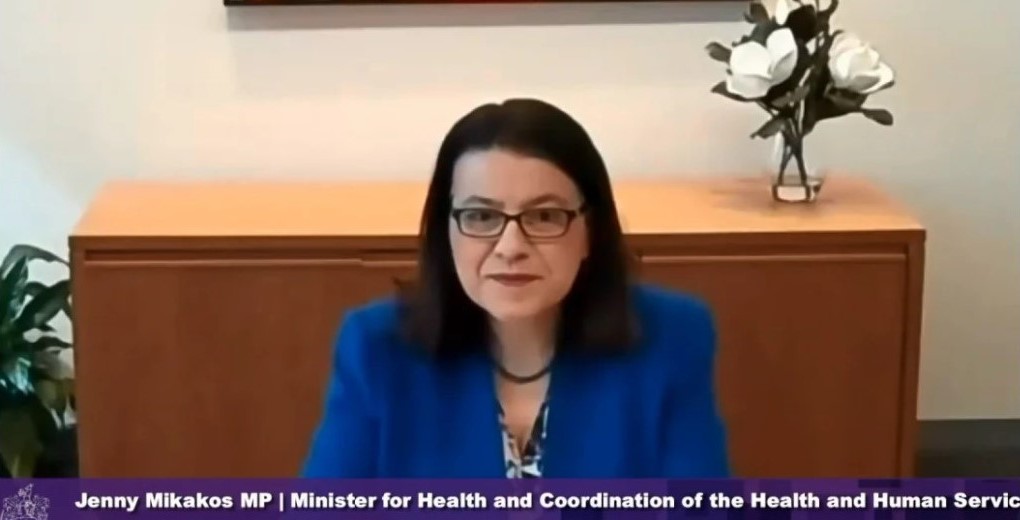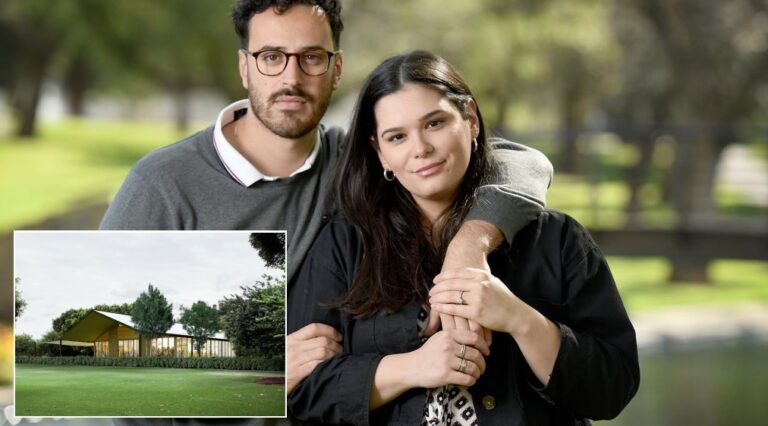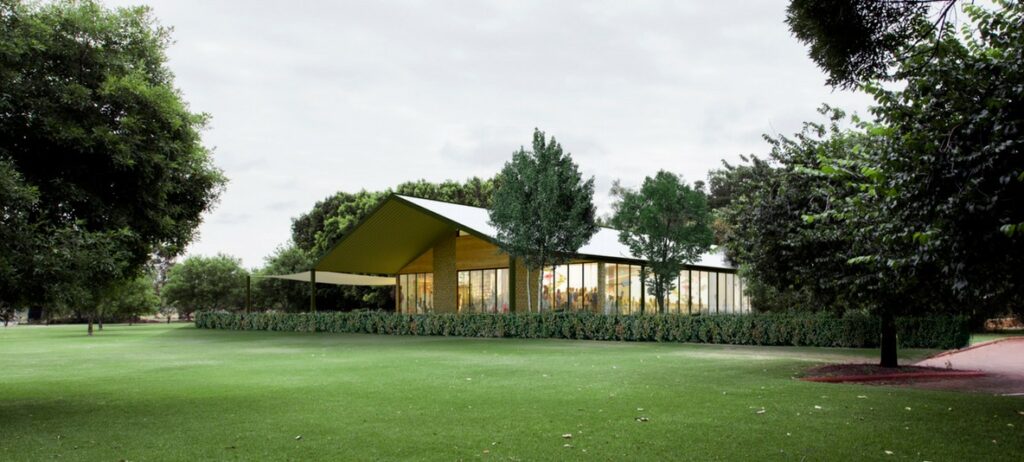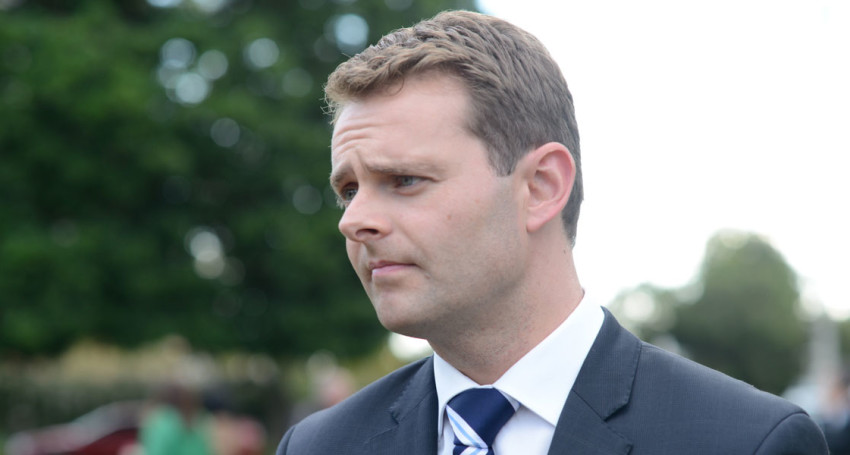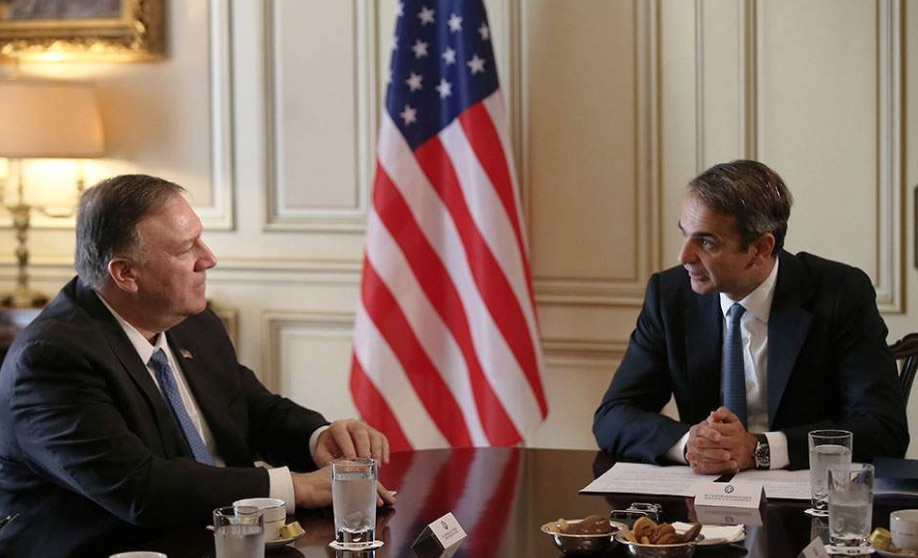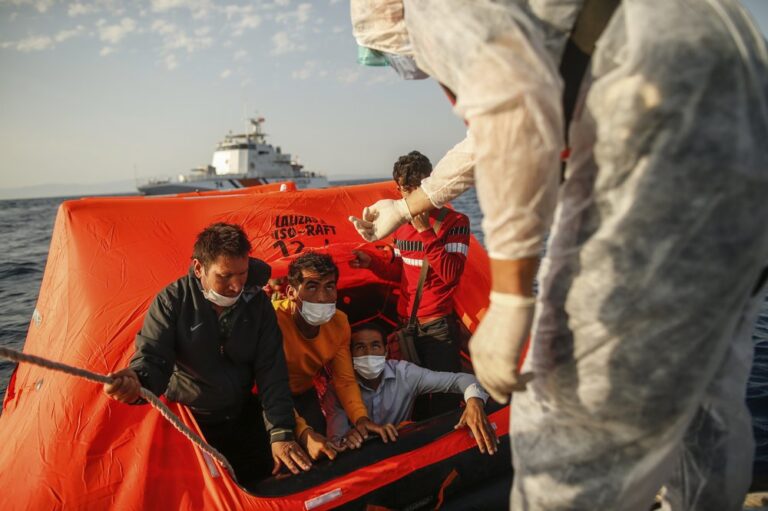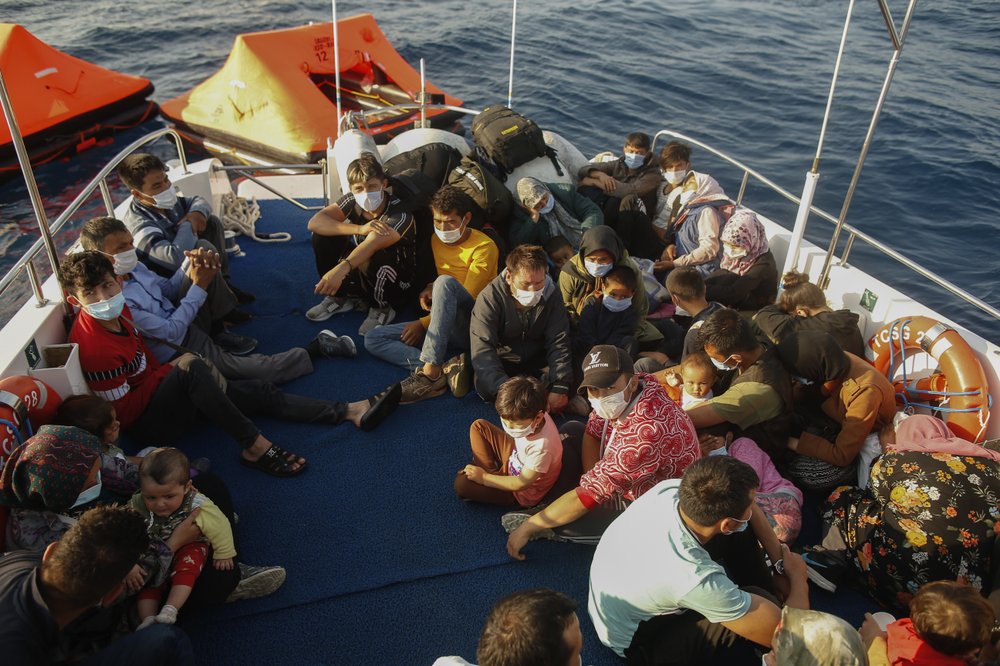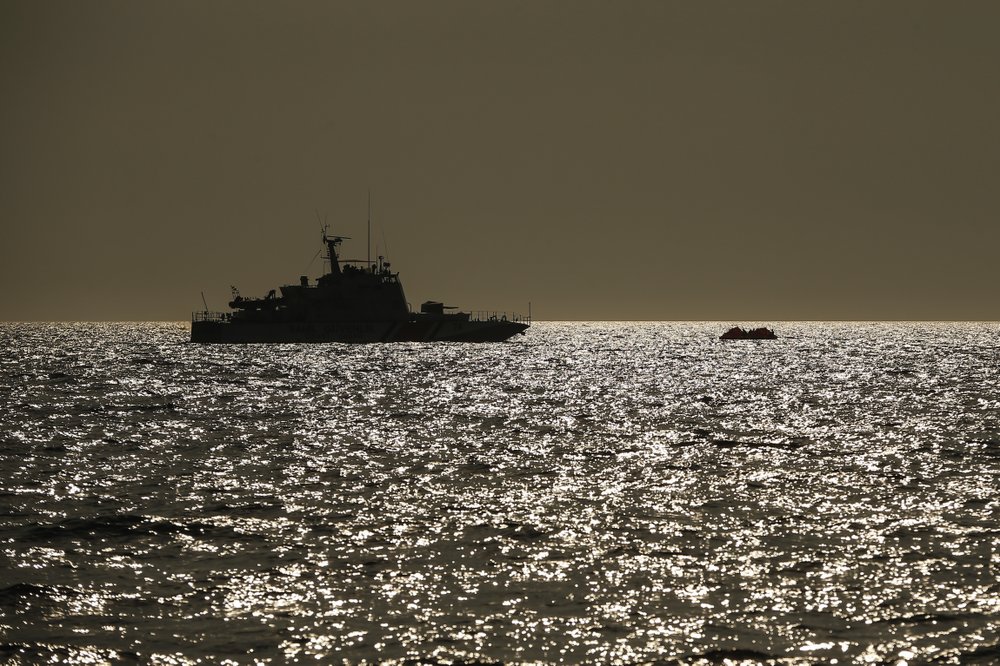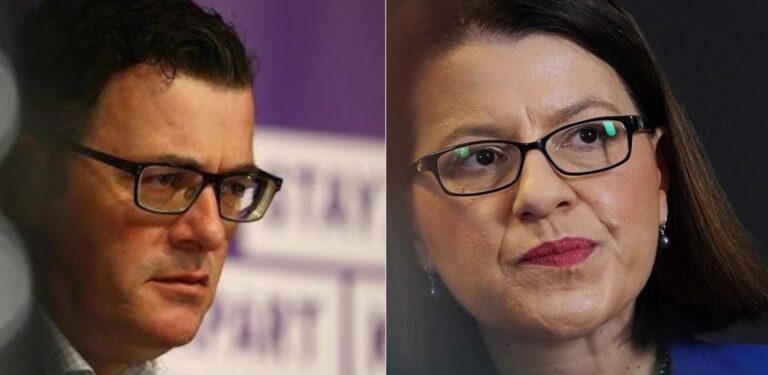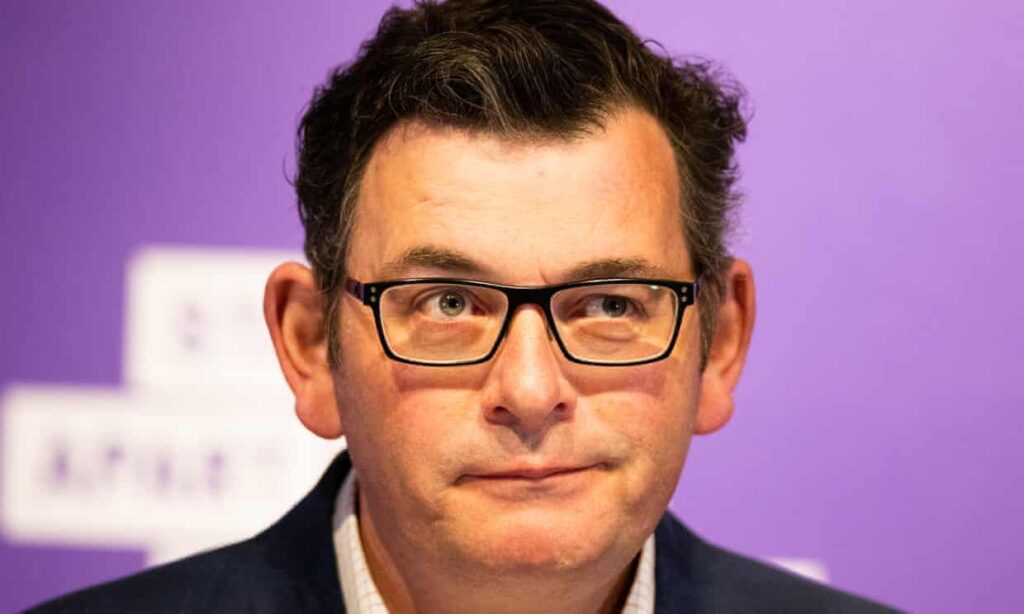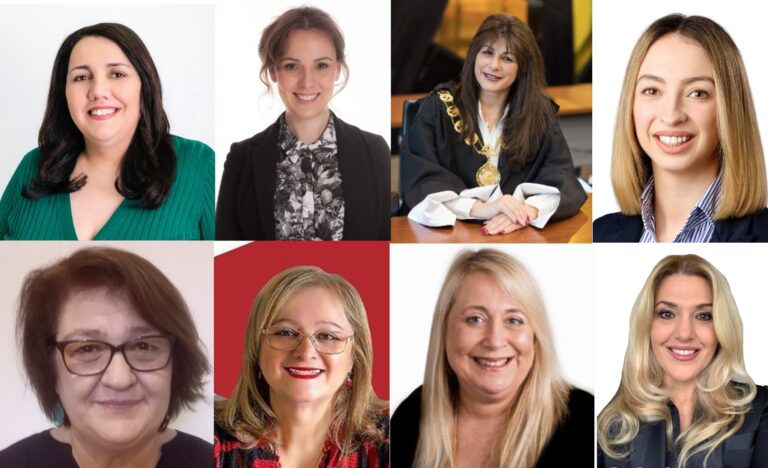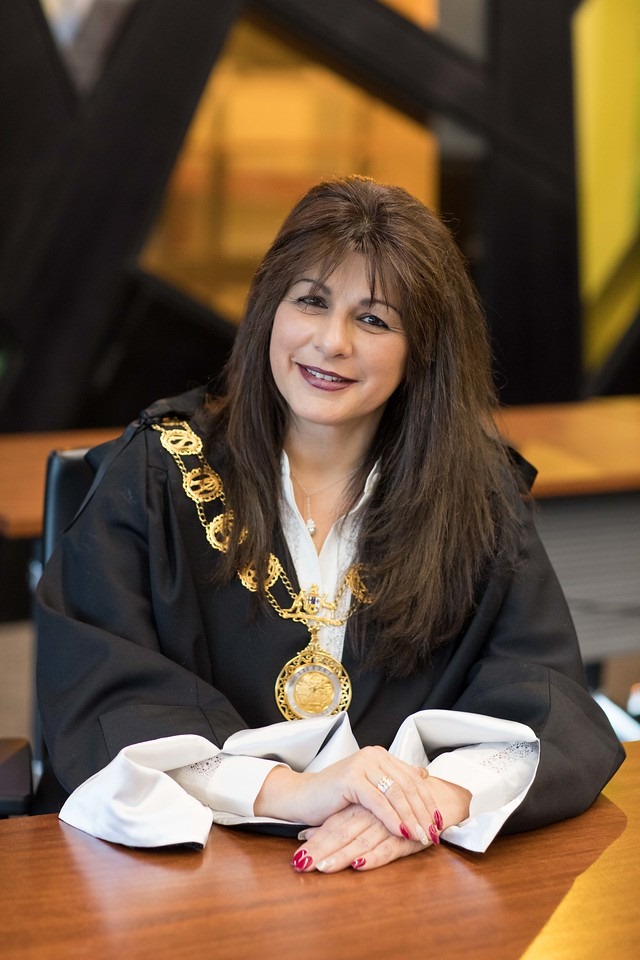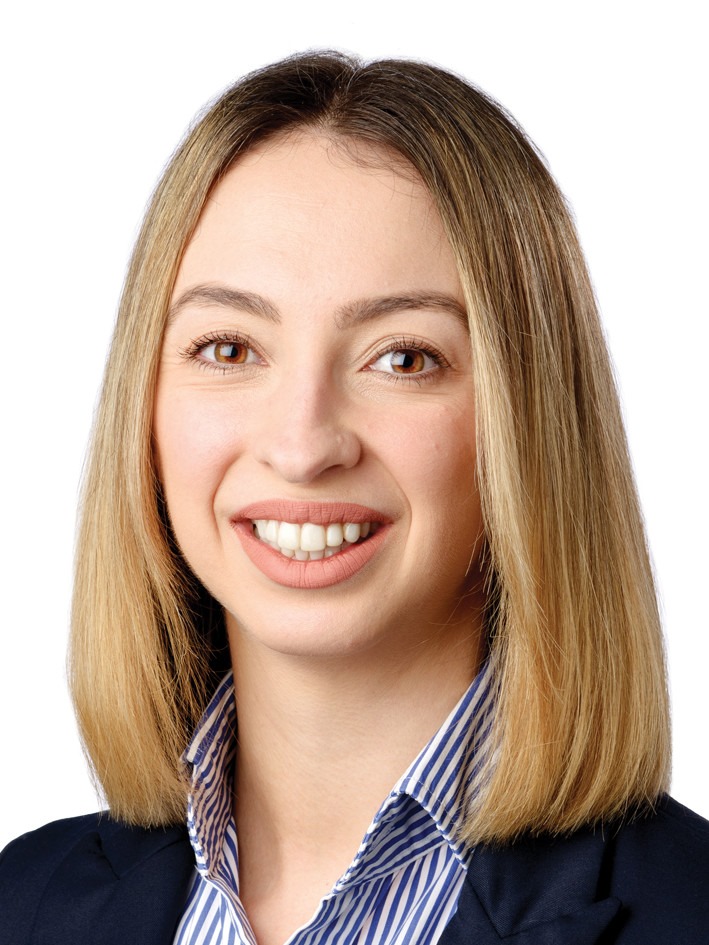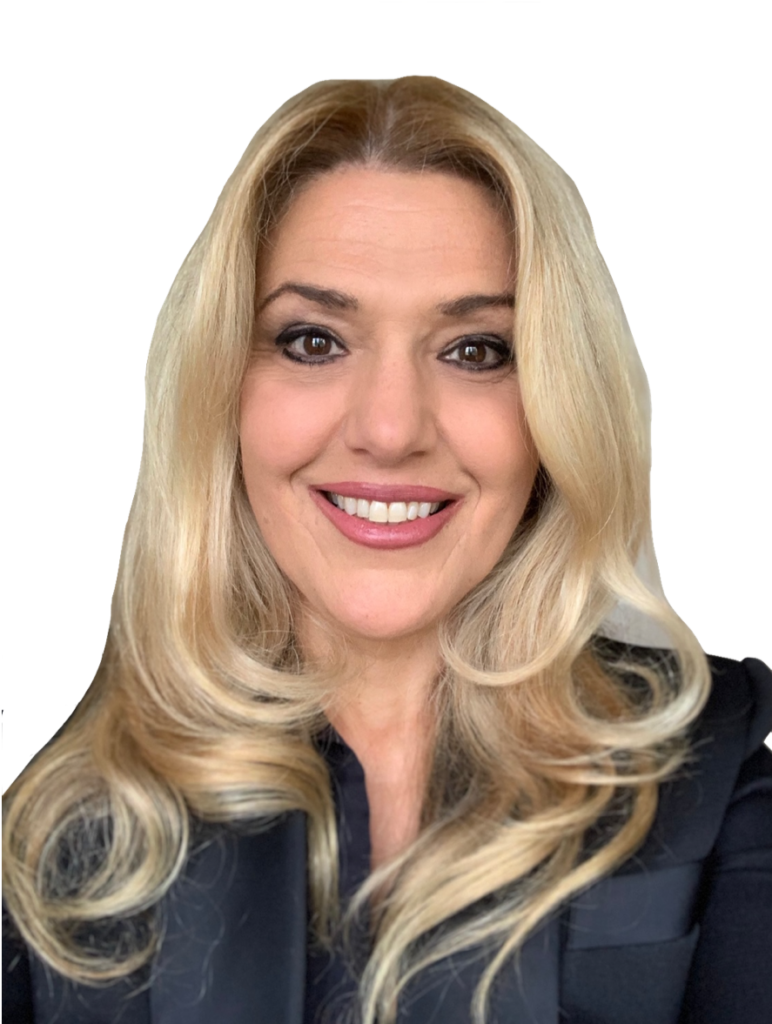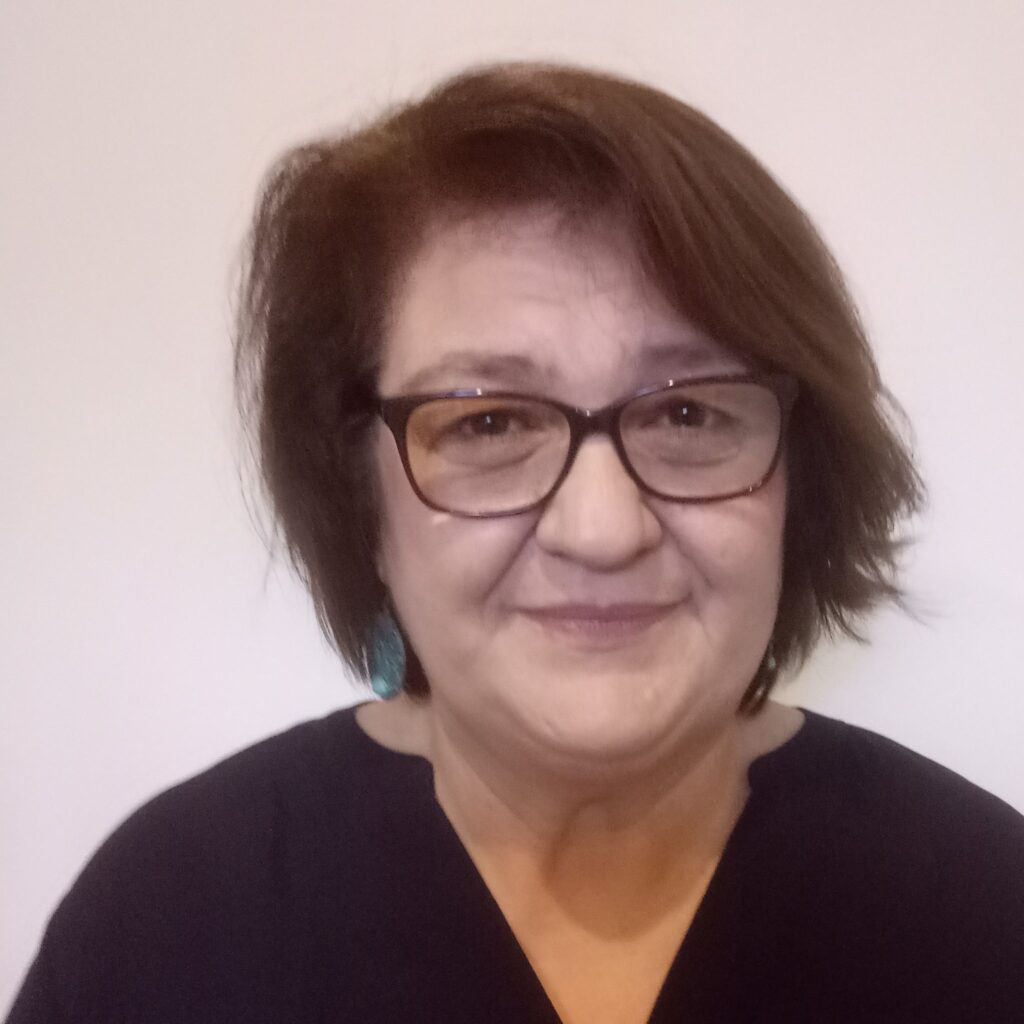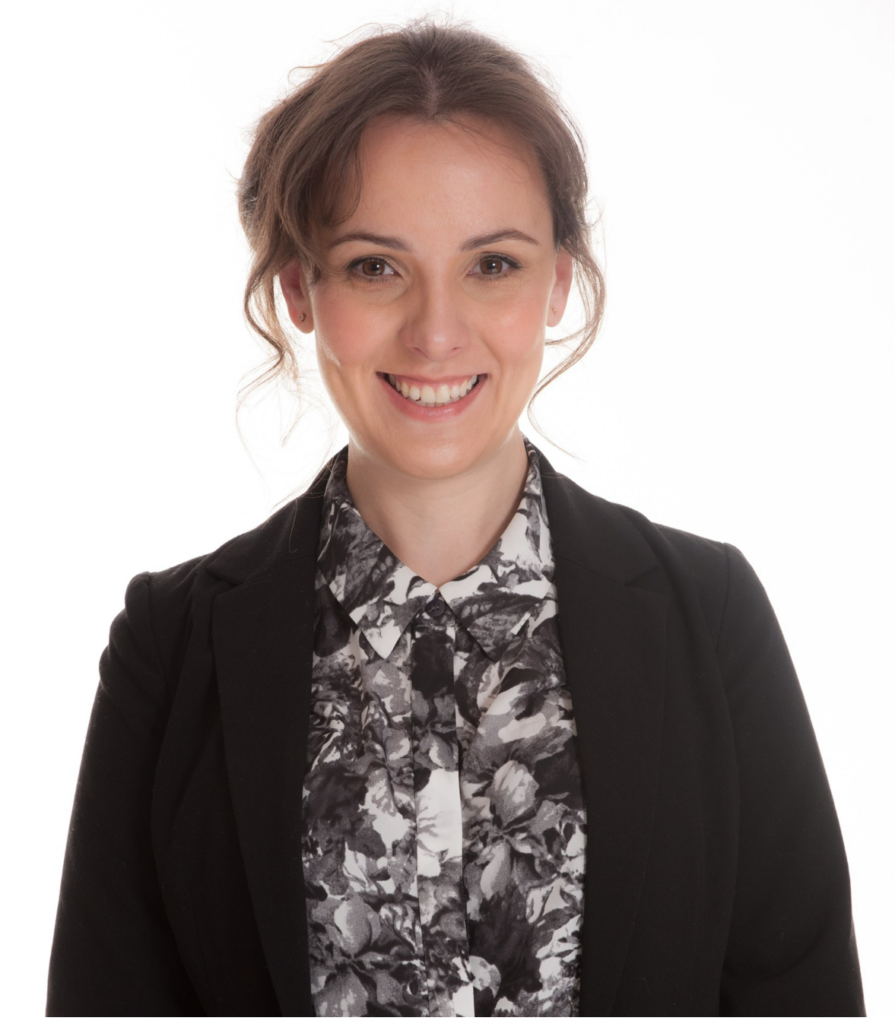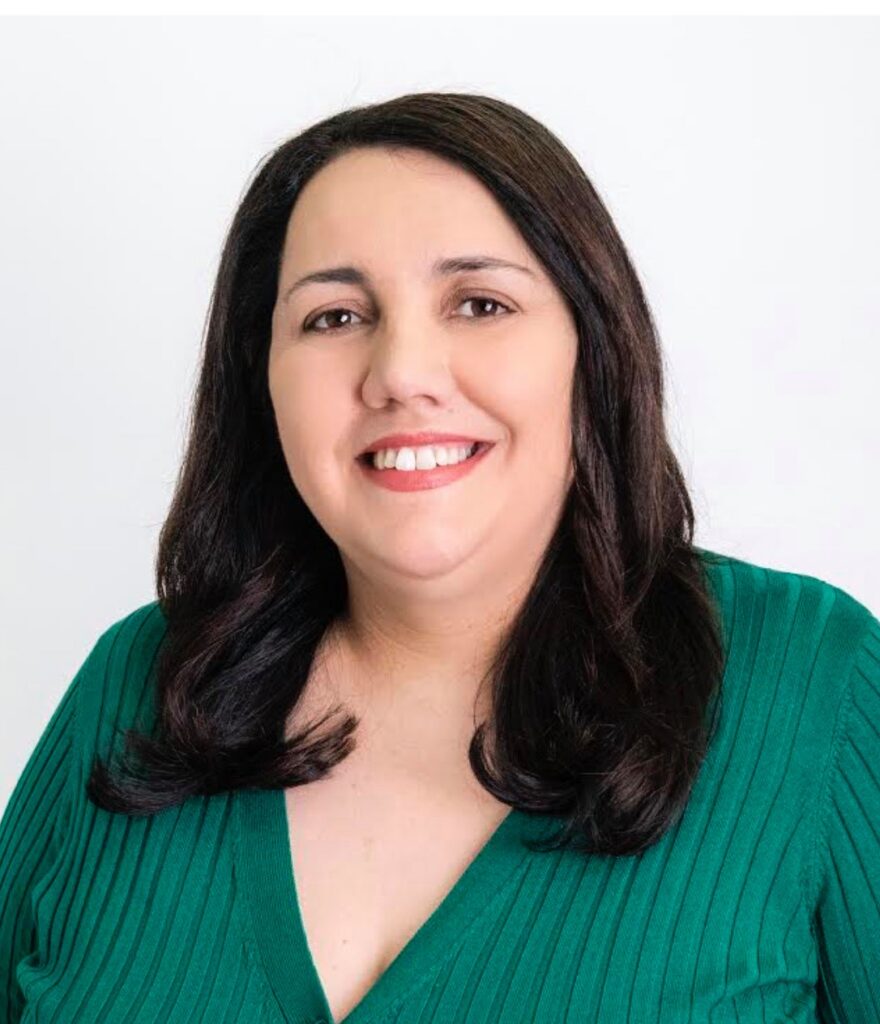The Hellenic Lyceum of Sydney is an iconic association across Australia. Just the name itself conjures images of beautiful women dressed in traditional Greek costumes, dancing to numerous Greek dances ranging from a hasapiko to a syrto.
But what many people don’t know is how the association was first established in 1951 and how it has evolved since then. In a special two-part series, The Greek Herald will take you on a journey through this history of the Hellenic Lyceum, focusing on a number of specific events and time periods.
Part 1 will focus on the launch of the Lyceum leading up to the 1970’s, so prepare to take an ultimate walk down memory lane!
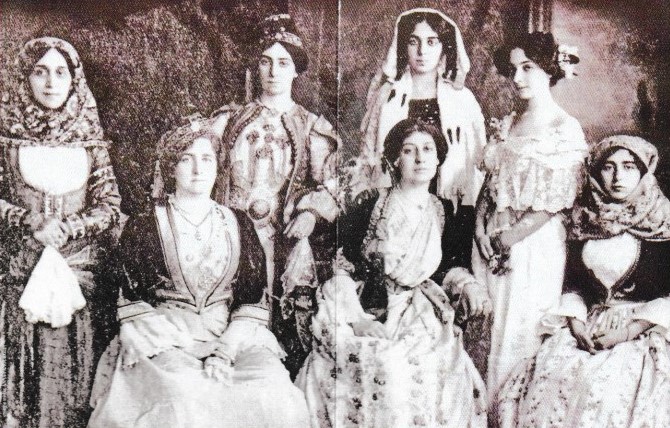
Establishment of the Hellenic Lyceum of Sydney (1951):
The idea of a Hellenic Lyceum first blossomed in Athens, Greece, in 1911 with the help of a woman named Callirrhoe Parren. She was a Greek woman, married to a French man, who recognised the need to help women and to revitalise Greek customs and traditions after the Greek War of Independence.
“Callirrhoe was a very educated woman. She saw that by about 1911, the Greeks were forgetting some of their traditions and national dress because they had gone through so much during the Revolution,” President of The Hellenic Lyceum of Sydney, Mrs Liana Vertzayias, explains to The Greek Herald.
“She didn’t want that. That’s why she started the Lyceum in Athens and brought out the first women’s journal called the ‘Εφημερίς τον κύριον.’ She wanted to educate women and show them how they can help keep these traditions alive.”
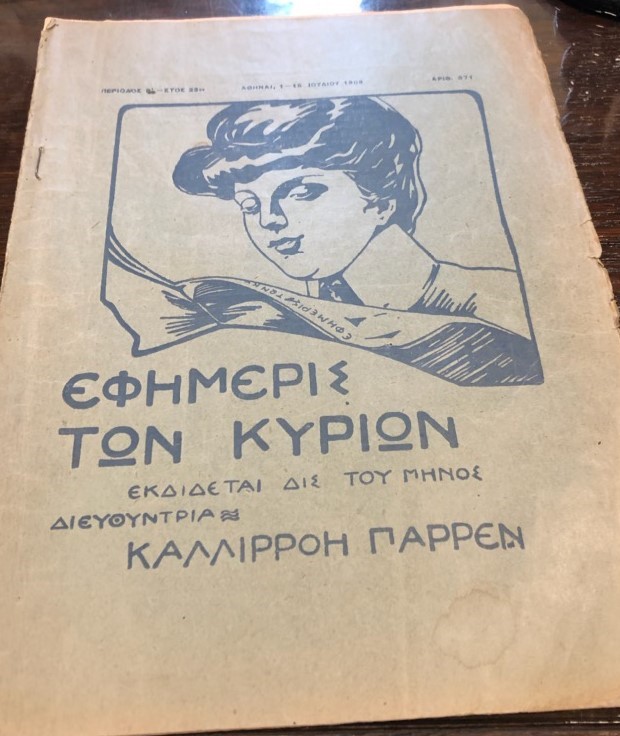
First Greek women’s journal by Callirrhoe Parren. Photo supplied. 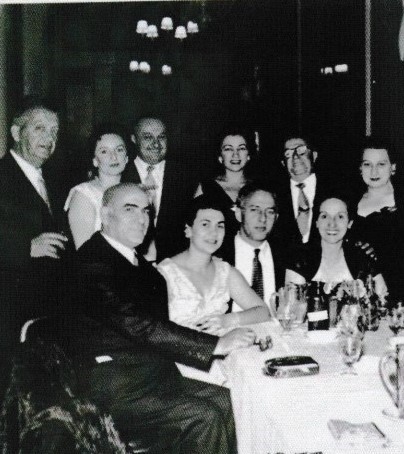
Mr Gooma (back left) was the founder of the Hellenic Lyceum of Sydney in 1951. Photo supplied.
It was a few years later in 1951, under the guidance of then General Secretary of the Greek Consul of Sydney, Mr Angelo Gooma, that the Hellenic Lyceum’s Sydney branch was founded. Mr Gooma had previous knowledge of the Lyceum in Athens because his mother was a member and decided to promote its application in Australia.
The first committee, under President Nena Fosteropoulos (1951-1953) and founding members such as Presvytera Lefkothea Evangelinidis, Lady Renee George, Liane Patterson, Marie Caroni, Tasia Varvaressos and Zoe Kominatou, was then tasked with achieving the Sydney Lyceum’s main principles – to preserve the Greek culture, folklore and traditions of Greeks in Australia.
“The main reason that the Lyceum was established here in Australia was also for the women who came out after WWII. They came, they didn’t speak the language, a lot of them had difficulty adjusting,” Mrs Vertzayias says.
“So the Lyceum ladies decided to act as interpreters and social workers. They took them to hospitals, to banks, helped them if they had to find accommodation or work. That was the original role of the Lyceum from 1951 to about the late 60’s.”
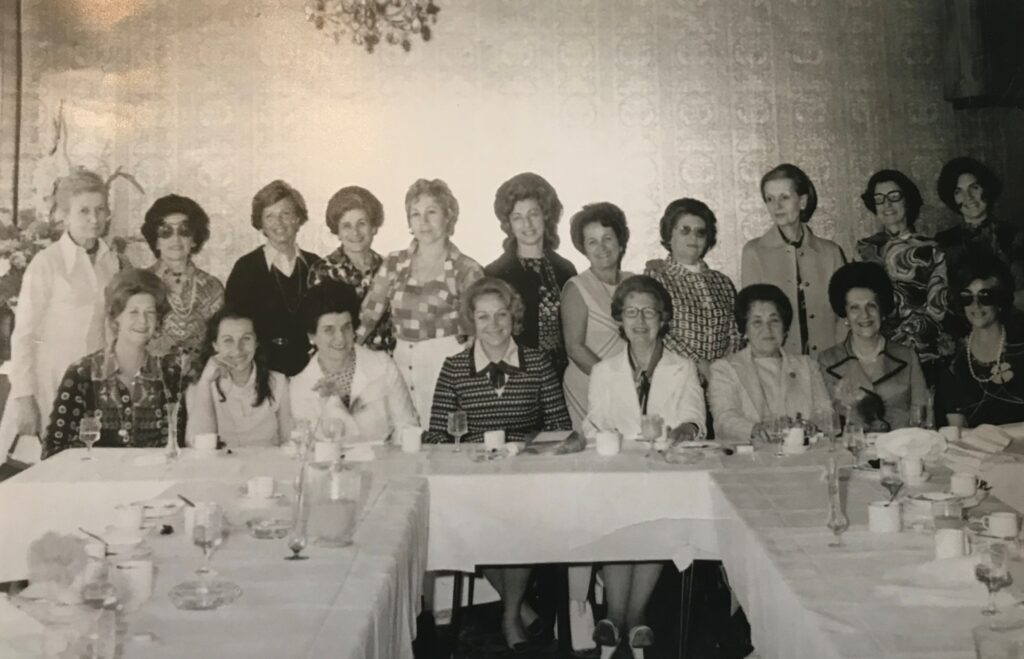
The Hellenic Lyceum dancers and collecting Greek traditional costumes:
In the late 1950’s to early 60’s, The Hellenic Lyceum of Sydney began to establish its priceless collection of authentic Greek regional and traditional costumes. These costumes could be donated or bought from antique shops in Greece, but more commonly during this time period, the Lyceum office in Athens was making reproductions.
“Our costumes are either originals or copies from Greece. In Athens, they had a whole workshop doing reproductions. They had costumes from Zagora, Macedonia and other regions, which we would buy. Before that, they were virtually made here in Australia,” Mrs Marina Efthimiou, past President and current Vice President of the Hellenic Lyceum of Sydney, tells The Greek Herald.
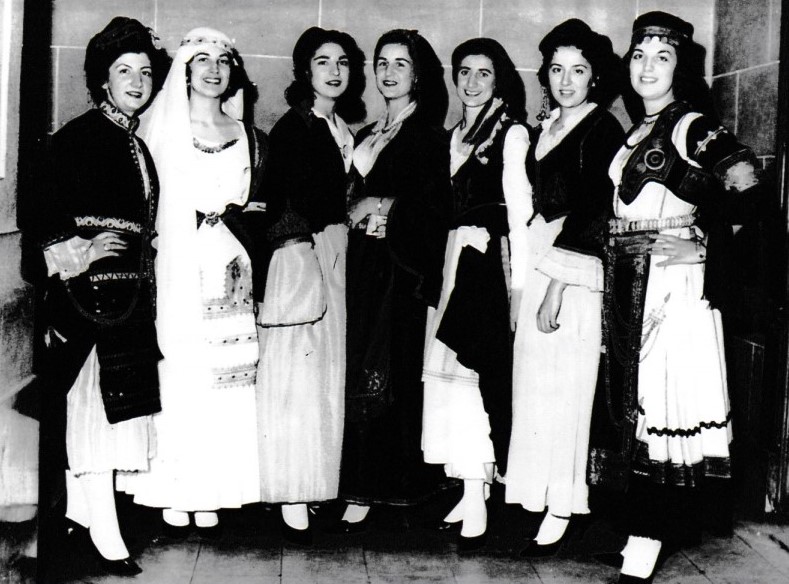
Hellenic Lyceum dancers at the Newcastle Greek Ball in 1962. 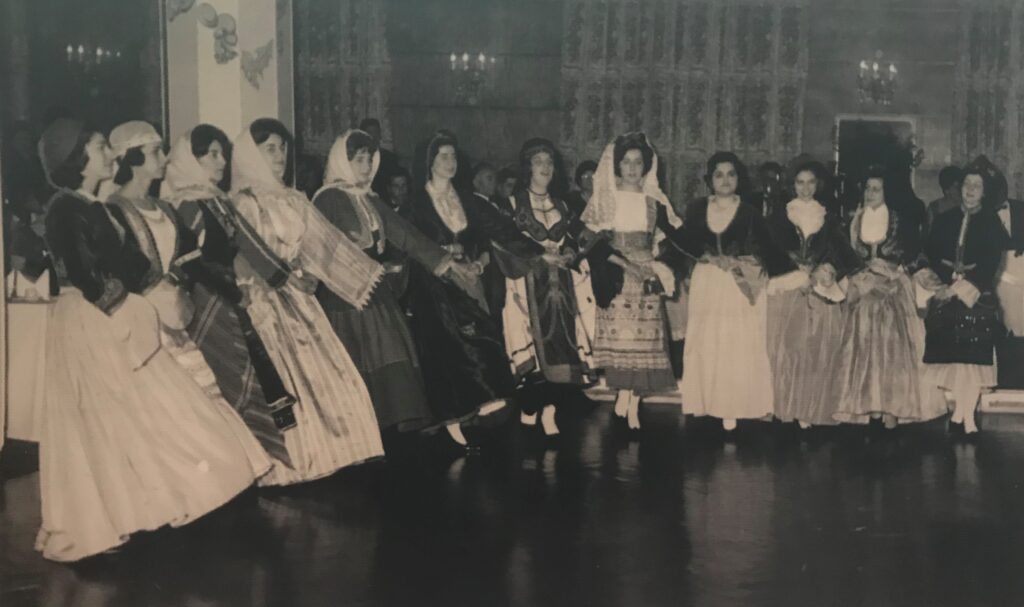
Hellenic Lyceum Ball, June 1962. Photo supplied.
Once bought or donated, these costumes were then used not only as objects of study, but they were also given life and movement by being worn by the Hellenic Lyceum dancers during their performances at home and abroad.
The Hellenic Lyceum dancers were the very first dance group of traditional Greek dancers in Australia. Using authentic choreography and national costume, traditional dances such as kalamatiana and tsamika were learnt and performed.
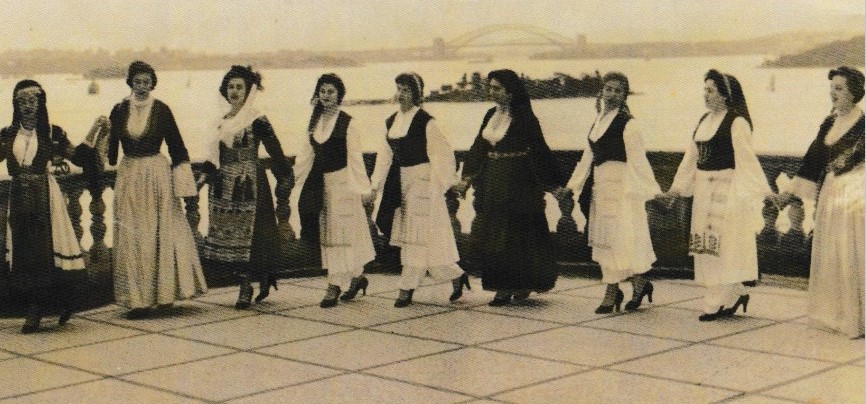
“The Hellenic Lyceum dancers were the first dancers in Australia to go and participate in organisations that had dances and balls. There were no other dancers in Australia at the time,” Mrs Vertzayias says.
But to achieve true greatness, it was important to also have strong and talented dance teachers. Over the years, the Lyceum dancers have been taught by Mrs Prattou, Mrs Harris, Mr Yiakoulis, Mr Vardakis, Mr Rossidies and currently, Mr and Mrs Papapetrou.
Fundraisers and cultural events in the early 1960’s to the 1970’s:
In the early 1960’s to the 1970’s, the Lyceum became even more strongly focused on Greek culture and its preservation. According to Mrs Efthymiou, lectures were given on Greek culture and history by people such as Mrs Sophia Salapatas, who is now the Curator of the Lyceum’s library in Athens.
At the same time, there were also a number of fundraisers and local events, too many to name here, which the Sydney Lyceum participated in to raise money not only for Greece, but also for important causes in Australia.
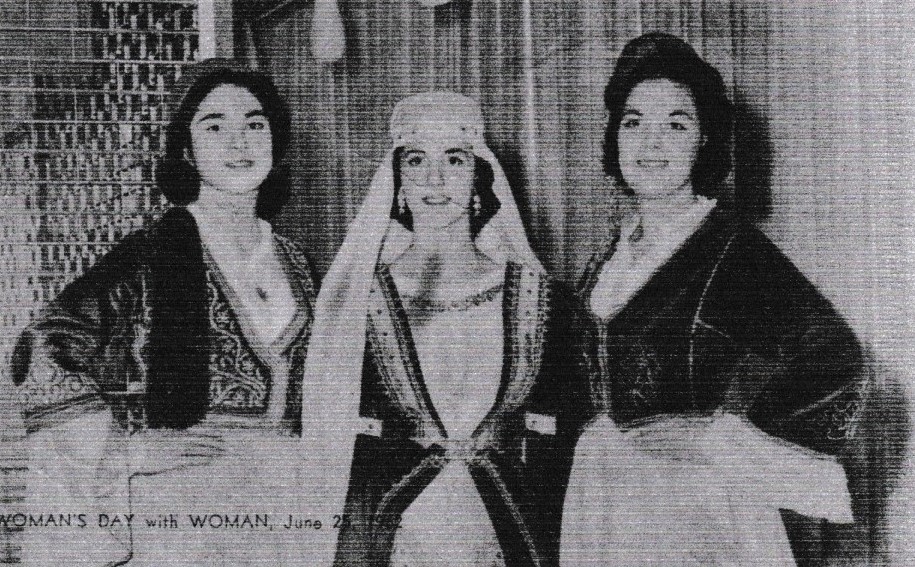
Take for example, the ‘Parade of Brides from different countries.’ Held in 1962 at the iconic Chevron Hilton Hotel, members of the Sydney Lyceum – Diana George (the daughter of Lady Renee George), Marina Vakas and Maria Dervos – represented Greece.
Diana George was dressed in a copy of the wedding dress worn by the Greek-born wife of the first Governor of Queensland, while Marina and Maria wore traditional Greek costumes as her bridesmaids. They made the Greek Australian community proud, with all proceeds from the parade going to the Crown Street Women’s Hospital.
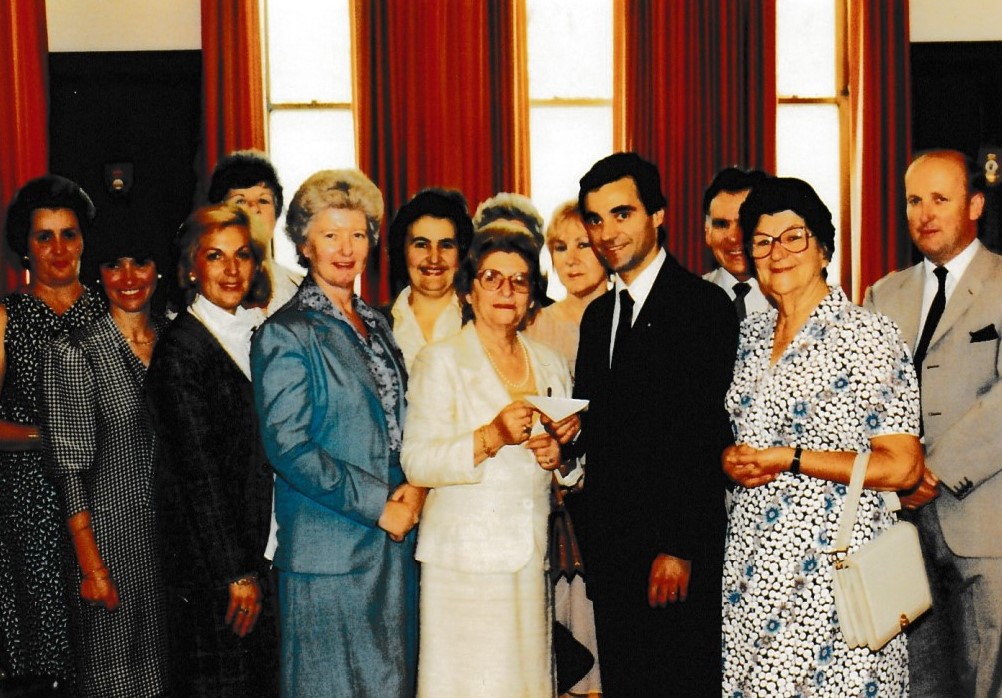
Just a few years later in 1979, it’s clear the Hellenic Lyceum of Sydney were still continuing their philanthropic work. One famous picture of the Lyceum women shows them presenting a donation to the Children’s Hospital at Camperdown with huge smiles on their faces.
Now, of course there are many more fundraisers and cultural events which took place during the early 1960’s to 1970’s. This is by no means an extensive catalogue of every single event. But in saying this, please stay tuned for part two of our series on the Hellenic Lyceum in Sydney to see what else these beautiful and powerful women got up to back in the day!

![Hellenic Lyceum of Sydney: The first Greek women’s association in Australia [Part 1] Hellenic Lyceum of Sydney: The first Greek women’s association in Australia [Part 1]](/wp-content/uploads/2020/09/PLEASE-USE-Hellenic-Lyceums-first-dancing-group-1952.-Photo-supplied-1.jpg)
